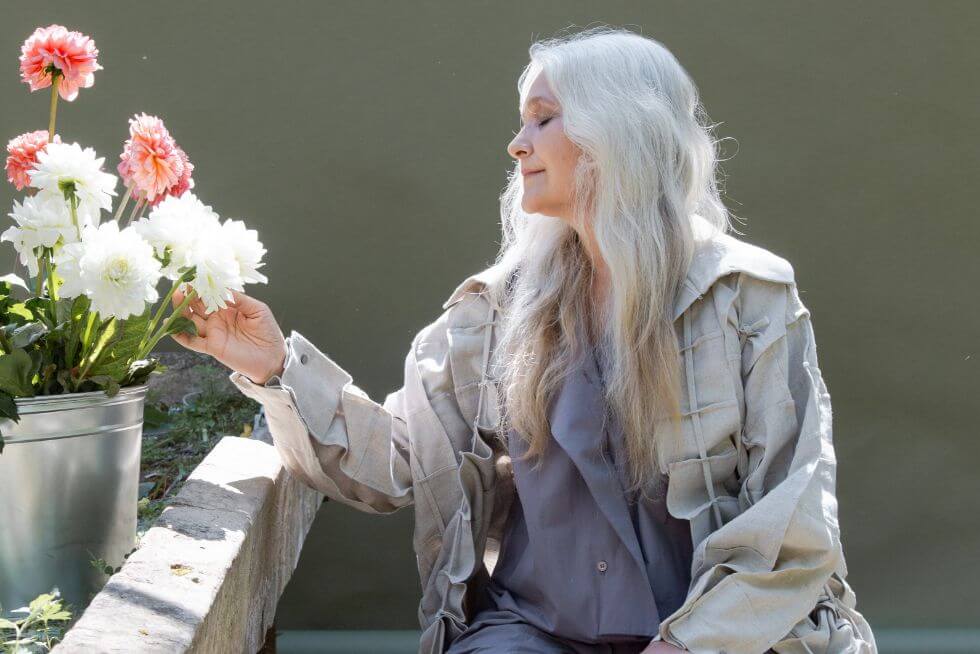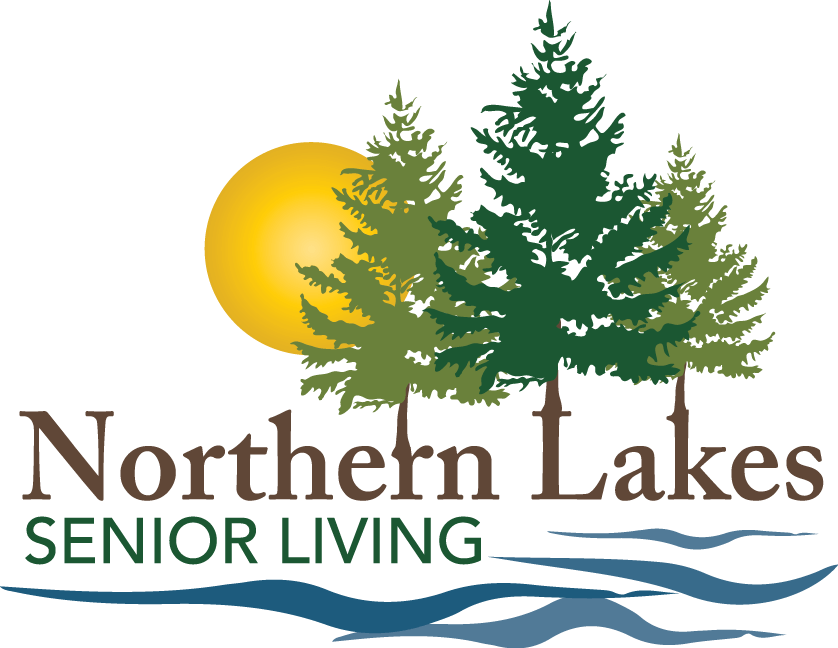If you or a loved one is experiencing memory loss or dementia, you may have heard the term “memory care” thrown around. But what is memory care, and how does it differ from traditional assisted living or nursing home care?
In this blog, we’ll delve into the ins and outs of memory care, including what it is, who it’s for, and what you can expect from a memory care facility.
What is Memory Care?
At its core, memory care is a type of long-term care specifically designed for individuals with Alzheimer’s disease, dementia, or other forms of memory loss. Memory care facilities, also known as specialized dementia care facilities, provide a secure and structured environment for individuals with cognitive impairments.
While traditional assisted living facilities may be able to provide some support for individuals with memory loss, memory care facilities are specifically equipped and staffed to handle the unique needs of individuals with dementia. This includes staff trained in dementia care, 24-hour supervision, and a secure environment to prevent wandering.

Who is Memory Care For?
Memory care is typically recommended for individuals with moderate to severe memory loss, such as those with Alzheimer’s disease or advanced dementia. It is not intended for individuals with mild memory loss or those who are still able to live independently with some support.
If you’re not sure whether memory care is the right option for you or a loved one, it’s important to speak with a healthcare professional. They can help you assess your needs and determine the best course of action.
What to Expect from Memory Care
So, what can you expect from a memory care facility? Here are a few key features you’ll likely encounter:
- Structured daily routine: Memory care facilities typically have a structured daily routine to provide a sense of familiarity and predictability for residents. This can include activities like exercise, crafts, and group outings.
- Dementia-specific programming: Memory care facilities often offer programming specifically designed for individuals with dementia, such as art therapy or music therapy.
- Secure environment: One of the main differences between memory care and traditional assisted living is the level of security. Memory care facilities are designed with a secure environment in mind, with features like secure outdoor spaces and secure exits to prevent wandering.
- Specialized staffing: Memory care facilities typically have staff trained in dementia care, including caregivers and nursing staff.
- Medical support: Depending on the level of care needed, memory care facilities may also offer on-site medical support, such as medication management and rehabilitation services.

The Cost of Memory Care
Like any form of long-term care, memory care can be expensive. The cost of memory care varies depending on a number of factors, including the level of care needed, the location of the facility, and the amenities offered. On average, memory care facilities cost between $5,000 and $7,000 per month.
It’s important to note that memory care is typically not covered by traditional health insurance plans. However, some long-term care insurance policies may cover the cost of memory care. If you’re considering memory care for yourself or a loved one, it’s a good idea to speak with an insurance agent to see what options are available.
Making the Decision: Things to Keep in Mind When Considering Memory Care
Making the decision to move a loved one into a memory care facility can be difficult and emotional. It’s important to consider the needs and well-being of your loved one, as well as your own family’s needs and resources. Here are a few things to keep in mind as you navigate this decision.
1. Assessing the Level of Care Needed
First and foremost, it’s important to assess the level of care your loved one requires. Memory care facilities are specifically designed to provide specialized care for individuals with memory impairments, such as Alzheimer’s disease or dementia. If your loved one needs assistance with daily tasks, such as bathing, dressing, and medication management, a memory care facility may be a good option.
2. Evaluating the Quality of Care
When choosing a memory care facility, it’s important to thoroughly research and evaluate the quality of care they provide. Consider factors such as staff training and expertise, staffing ratios, and the facility’s overall cleanliness and safety. It’s also a good idea to visit the facility in person and talk with staff and residents to get a feel for the environment and level of care.
4. Considering the Cost
Memory care can be expensive, and it’s important to consider your budget and financial resources before making a decision. Look into the costs of different facilities in your area and consider whether or not you will need financial assistance, such as through long-term care insurance.
5. Communicating with Your Loved One
If your loved one is able to communicate and understand the decision-making process, it’s important to involve them in the conversation and consider their preferences and needs. Even if your loved one is unable to fully participate in the decision-making process, it’s still important to keep their wishes in mind and do what is best for their overall well-being.
Making the decision to move a loved one into a memory care facility is never easy, but with careful consideration and research, you can find the right option for your loved one’s needs and your family’s resources.


